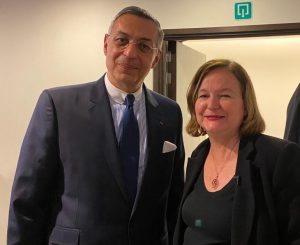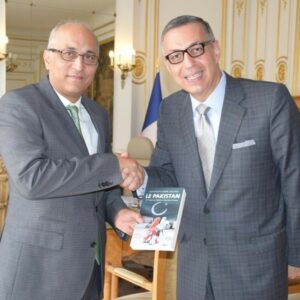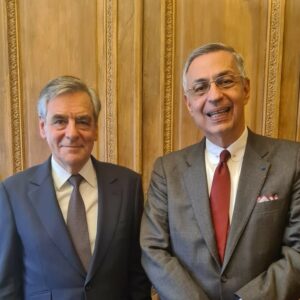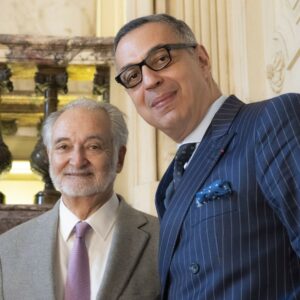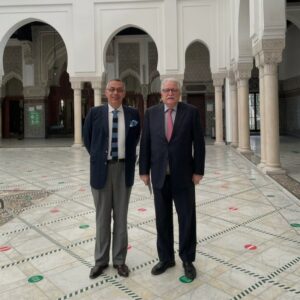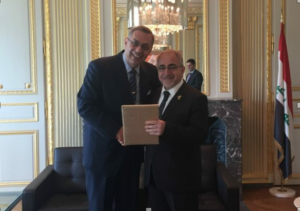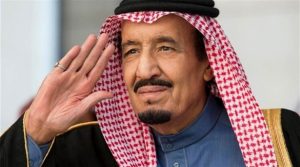
The Kingdom of Saudi Arabia is in troubled waters these days. Despite the initial excitement anticipating a new era in the country’s history with the new crown prince Muhammad bin Salman (MbS), things have taken a turn for the worse, in large part thanks to a series of high-publicity blunders on the crown prince’s part.
Saudi Arabia’s relationship with the US has suffered from these blunders as well, with no prospects of improvement anytime soon. The problem is that Saudi Arabia’s image is now tarnished in a way that will be very difficult to repair, and as long as this is the case, the White House will find it very difficult to steer relations with Saudi Arabia regardless of the cushy personal relationship President Trump and his son-in-law, Jared Kushner, enjoy with MbS. Indeed, on December 13, the United States Senate passed two resolutions, one ending logistical support for Saudi Arabia’s ruthless war against the Yemeni people, and the other condemning the Saudi Crown Prince as the instigator and organizer of the assassination of Saudi dissident journalist Jamal Khashoggi which was passed unanimously. These are rare acts that demonstrate a real change in the climate in Congress, and they were passed despite the White House’s opposition. Even though particularly the decision to cease logistical support is more symbolic than anything else, as Saudi Arabia is not dependent on this support to continue its operations in Yemen, they are significant in that they indicate a new chapter of bad blood with the Saudi crown prince even before he has officially become king.
What is more, President Trump and MbS have their own disagreements – namely regarding the price of a barrel of oil. President Trump wants to keep the price under USD 65 per barrel to sustain global economic growth and avoid a recession, while Saudi Arabia needs the barrel price to be at least USD 95 to balance its budget in 2019. Furthermore, the world does not need Saudi oil as much as it used to – the US has become the largest oil producer with its shale gas and oil reserves, even exporting its products to Europe. So, one could argue that the Quincy pact, agreed on a US warship on the Suez Canal in 1945 and which guaranteed US support to Ibn Saud, the founder of Saudi Arabia, in return for guaranteed oil supply, is not as relevant or crucial anymore. Thus, Riyadh no longer has sufficient financial means to buy social peace domestically. A fifth of the Saudi population is already classified as poor, and only time can tell where this trajectory will lead.
The problem lies with MbS, who has an iron grip on all the positions of power in the country. Despite projecting an image of social liberalization, he has in fact moved closer to the Wahhabi clergy. He placed the Grand Mufti al Sheikh at his side during his father’s last speech, a symbolic gesture, and incarcerated the women who were advocating for the very law allowing women to drive for which he received so much approval from the rest of the world. Furthermore, the reality is that Saudi Arabia is not only the main financer behind Islamist movements in the region, including ISIS, but also the supplier of its ideology. Remember that the books taught in schools during the short existence of the Islamic State were the same that were used in Saudi schools. The Sharia Law that they used was also transferred from Saudi Arabia. Saudi Arabia is, in effect, a successful version of ISIS.
The picture would not be complete without mentioning the growing pressure from the Qatar-funded Muslim Brotherhood, who Saudi Arabia designated as a terrorist organization in 2014, local movements, not to mention branches of the royal family who resent the crown prince’s behavior. Thus, MbS faces significant challenges both at home and abroad and will need to navigate these issues carefully if he hopes to survive.
By Ardavan Amir-Aslani





